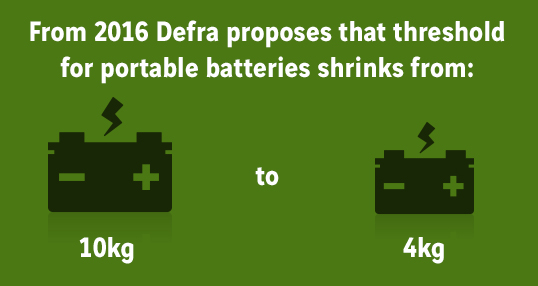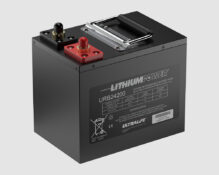Predictions that the number of lead-acid batteries recycled would decline in the run-up to classification changes appear to have come true.
The changes, brought in by the UK’s Department of Environment, Food & Rural Affairs (DEFRA), came into effect in January 2016.
The new classifications state that only batteries under 4kg may be classified as ‘portable’, where previously the classification could be applied to anything up to 10kg.
To meet EU recycling targets, which are only set for ‘portable’ batteries, battery collectors could add lead-acid batteries weighing up to 10kg to their figures.
Now that none of these 4kg+ lead batteries can be counted, the proportion has fallen— even before the changes came into effect.
According to a report by the Environment Agency, 4,022 tonnes of waste portable lead-acid batteries were collected in the last quarter of 2015, which is 62% of the overall tonnage of batteries collected in that quarter.
This means that the UK is just shy of its overall 40% collection target for the year – recording an overall collection rate of 39.97% – although schemes have until the end of May to post evidence in order to meet the target.
In the first quarter of the year, lead-acid batteries made up 72% of the total collected.
It has been suggested that these data are skewed in any case, since lead-acid batteries make up only 6% of the total tonnage of new batteries on the market.
“The UK needs to collect and recycle even more batteries, especially since the reduction in lead acid evidence and we are developing communication and awareness campaigns with our members,” said David Reynolds, general manager of BatteryBack.
“The small shortfall against the target may be a worry for some in Defra as 2016 is a European Directive target that the UK must achieve.”












